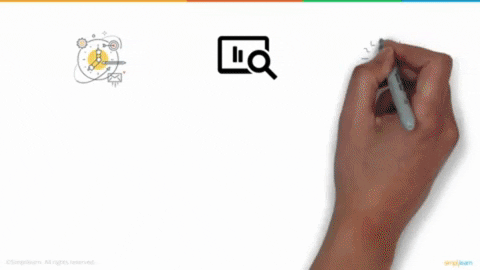The Internet of Things
The Internet of Things (IoT) technology has been gaining significant attention in recent years and for a good reason. It refers to the concept of connecting various devices and objects to the internet, enabling them to communicate with each other and exchange data without human intervention. This technology is transforming the way we live, work, and interact with our environment. With IoT, everyday objects can become “smart” by being able to collect and analyze data, allowing users to make informed decisions in real-time.
This technology has numerous applications across industries such as healthcare, transportation, manufacturing, agriculture, and more. In this article, we will explore how the United Arab Emirates (UAE) is harnessing the power of IoT to enhance its economy’s growth and improve its citizens’ quality of life.
The UAE has been at the forefront of adopting and implementing IoT technology. The country has recognized the potential benefits that IoT can bring to various sectors, including healthcare, transportation, and infrastructure. In 2015, the UAE launched its National Innovation Strategy with a focus on developing smart cities and promoting innovation in various industries using advanced technologies such as IoT. This strategy has led to several initiatives such as the Dubai Smart City project and Abu Dhabi’s Vision 2030 plan, which aim to leverage IoT technology to improve the quality of life for citizens and increase efficiency in government services.
The UAE government has also provided support for startups and research institutions working on IoT solutions through funding programs and partnerships with international organizations. Overall, the UAE’s adoption of IoT technology demonstrates its commitment to becoming a leader in innovation and technology advancement.
The United Arab Emirates (UAE) has been quick to recognize the potential of the Internet of Things (IoT) and has taken significant steps to harness its power. One example is the Smart Dubai initiative, which aims to transform Dubai into a smart city by leveraging IoT technology. The initiative includes projects such as smart transportation, smart buildings, and smart healthcare. Another example is the Abu Dhabi City Municipality’s IoT-powered waste management system.
The system uses sensors installed in garbage containers to monitor their fill level and optimize waste collection routes, resulting in reduced operational costs and improved efficiency. The UAE’s aviation industry is also taking advantage of IoT technology. Emirates Airlines has implemented IoT-enabled systems such as predictive maintenance for its aircraft engines, resulting in improved safety and reduced downtime.
The UAE has ambitious plans for harnessing the full potential of IoT. One of the key areas of focus is smart cities, where IoT will play a critical role in improving transportation, energy management, waste management and public safety. The government has launched several initiatives to encourage innovation and collaboration in this space, such as the Smart Dubai initiative and the Abu Dhabi Smart City project.
Another key area is healthcare, where IoT will enable remote patient monitoring and personalized treatment plans. The UAE also plans to leverage IoT to enhance its position as a global logistics hub by using real-time data analytics to optimize supply chain management. With these plans in place, the UAE is poised to become a leader in the global IoT revolution.
